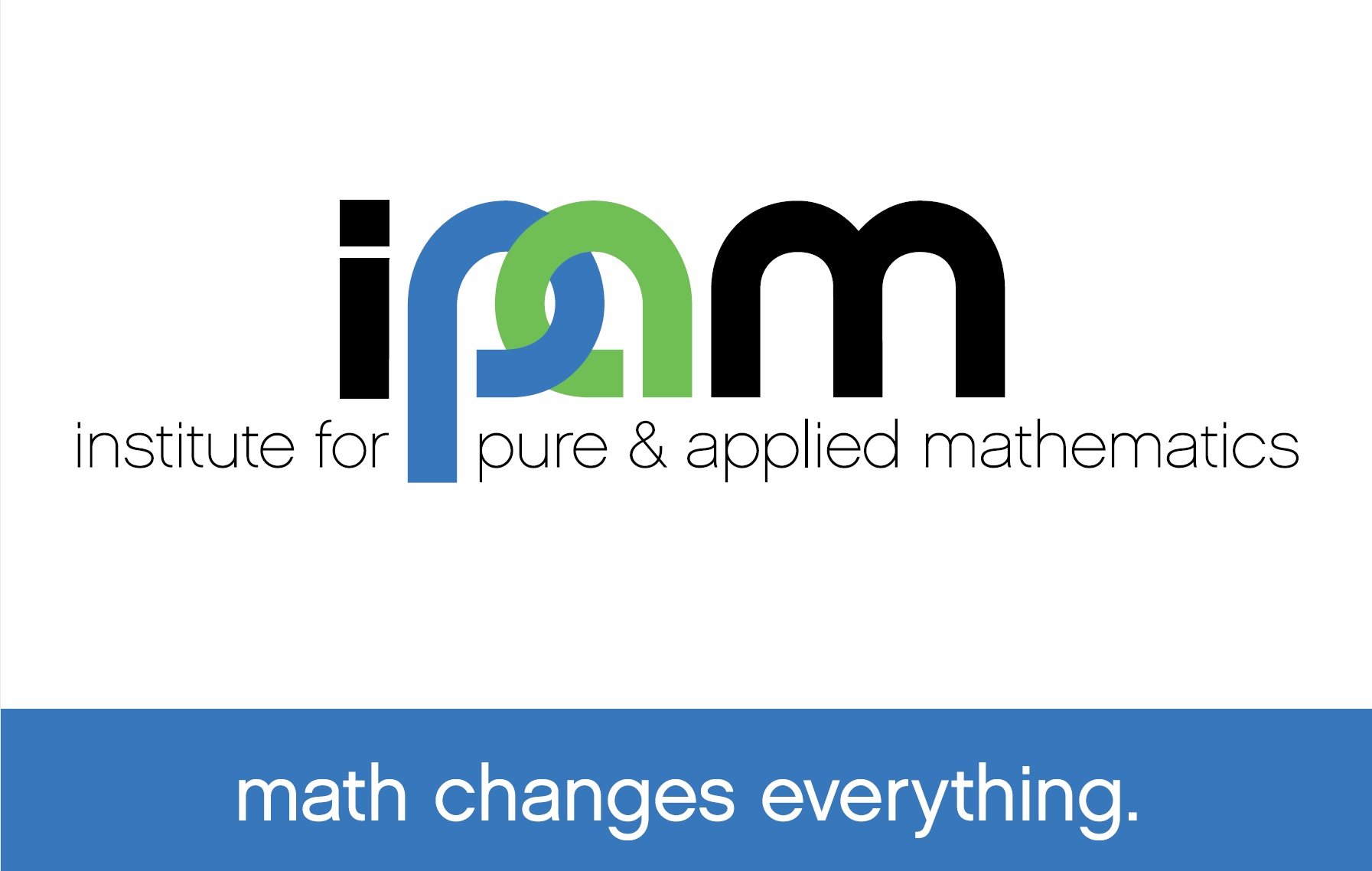Geometrical Approaches in Statistical Learning for the Construction of Digital Models of the Human Brain
Presenter
April 17, 2019
Abstract
Stanley Durrleman
AramisLab - ICM Brain & Spine Institute – INRIA – ICM Centre for Neuroinformatics
Our work over the past ten years has focused on the development of a theoretical and computational framework for statistical learning with structured data, including shape data.
We have defined mixed effects statistical models on Riemannian manifolds. The use of such a geometric framework allows us to describe changes in the data by integrating penalized infinitesimal changes, thus encoding priors on the structure of the data. These models extend the usual concepts of mean and variance and provide an effective framework for defining statistical distributions of trajectories.
We have shown how these tools allow the construction of personalized models of the human brain, which highlight the typical patterns of morphological brain variations across patients with different pathologies. These models can become dynamic, to produce models of progression of neurological diseases. They show how brain structure and function alter and behavioural and cognitive symptoms develop at both the population and individual level.
